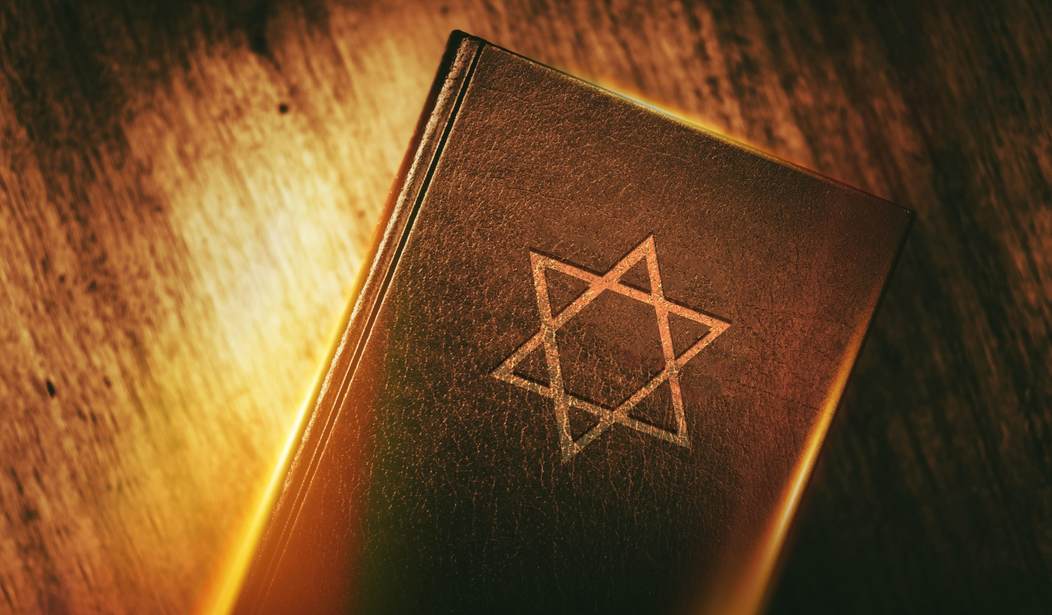I studied antisemitism with the great George Mosse and later on with Walter Laqueur, Renzo de Felice, and others, and I learned a lot about what drives modern anti-Semites, but what really drove me, from the very beginning, was a question about the victims. I could not imagine getting on the trains to Auschwitz and the other death camps. Yet millions did, even though they knew where the cattle cars were headed and what that meant for themselves, their families, and their communities.
Why didn’t they fight? Why did they make it so easy for Hitler, Eichmann, and the other monsters of the Third Reich? That was the question that drove me, and still drives me, most recently in my current project on the Italian Jews.
I don’t believe there are simple answers to such questions—we’re not very good at decoding the human spirit—but it helps to look at those who did fight. Who were they? They fall into different categories. Some were Orthodox Jews, very observant. Others were involved in secular politics, primarily of the Left, socialists and Communists. Those who did worst, those who went quietly, were good liberals for the most part, as were most European Jews. This certainly doesn’t mean that only liberals got on the trains. Plenty of secular radicals and Orthodox practitioners went to the death camps. But I was taught early on that resistance mostly came from those who understood very well why the Nazis and fascists hated them, and saw clearly that their enemies had dehumanized the Jews, and were thus intent on eliminating them.
The bulk of the Jewish community thought of themselves as good citizens, and did not accept the fact that they were hated and targeted for death. Most believed that all people were the same, that all people were basically good, and shared a common humanity. The Jews who thought otherwise (I am tempted to say “those who knew better”), who thought of themselves as different, understood that there were many bad people quite ready to do in the Jews. Of these, both religious and secular were early believers in Zionism. After all, Herzl was radicalized by the spectacle of the Dreyfus Affair, which showed how many French officials were anti-Semites, and that even distinguished service in the Army could not save their Jewish target.
Those who saw the world plain constituted the core of the Jewish resistance. Hardly anyone remembers the name of Enzo Sereni, but he is a legendary figure to the Italian Jews who fought back against Nazis and fascists. Sereni was a Roman Jew who, along with his wife, emigrated to Palestine and organized Italian Zionism and antifascism. During the Nazi occupation of Italy he traveled frequently to train the Jewish resistance. On one of these missions he was captured and executed. He remains one of the heroes of the resistance to those who still cherish its accomplishments. I am one of those who remember him.
All this speaks volumes today, on the heels of the massacre of the Jews in the Tree of Life synagogue in Pittsburgh. I am dismayed at the number of people who are furious at President Trump for saying that maybe there should have been some armed security at the synagogue. They remind me of the Jews who quietly climbed onto the trains and went quietly to the death camps. No doubt they are a majority in Jewish communities throughout the diaspora, as they were in the early and mid-twentieth century. Despite the clear evidence—Jewish cadavers—they want to insist that weapons don’t belong in our houses of worship. Yet we should have learned one of the lessons of the Holocaust, namely that we must defend ourselves, and fight our enemies.
All people are not the same, and all people are assuredly not good. Yet today I understand, more than ever, how hard it is for the intended victims of evil to face these unpleasant facts and act accordingly.
I worship at “the national synagogue” in Washington, D.C., which has a very active rabbi and a congregation including numerous luminaries. It is therefore an obvious target for Jew haters, yet it took years to convince the synagogue’s officials to install security, and offers to create a gun club so that our congregants can learn to use weapons have so far gone without any positive response. I have long urged Jews to apply for concealed carry permits, but I doubt there are more than a tiny handful who have done it.









Join the conversation as a VIP Member